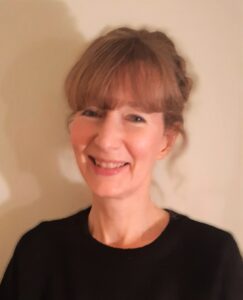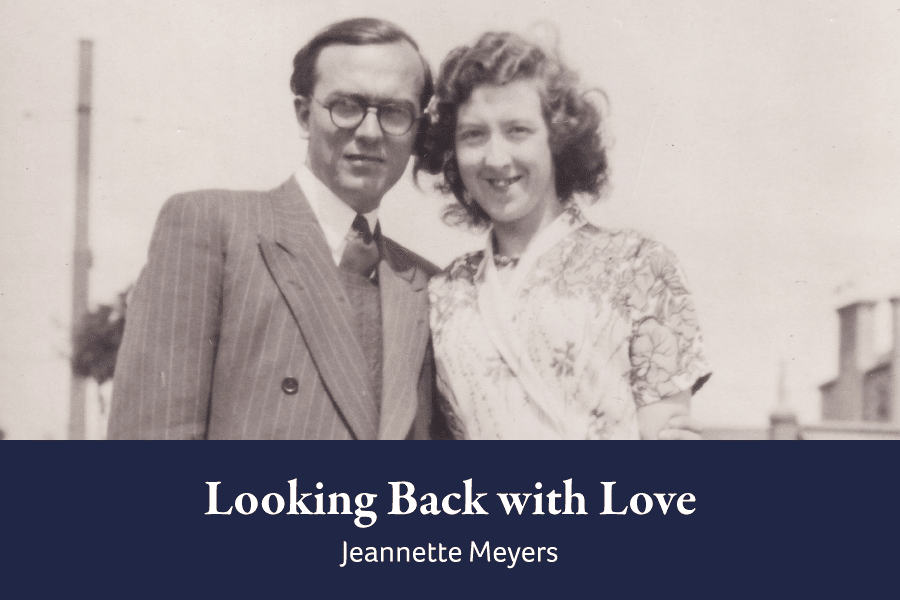Every LifeBook is unique in its way, with its own qualities and character, but even among all these highly individual stories, Jeannette Meyers’ story of her parents’ lives is distinctive.
Bringing a story to life
A memoir, whether about oneself or someone else, requires detail if it is to capture a sense of the breadth and depth of all life’s joys, pains, experiences and accumulated wisdom. Detail is clearly Jeannette Meyers’ métier, supplied courtesy of an astoundingly good memory and careful research into her family’s past. Enjoying a relationship with her parents, Richard Hall and Minnie Hawkins, of enviable strength and affection, she describes their childhoods, how they met and the years she shared with them. She takes considerable care to be factually accurate, but it is in the remembered conversations, the anecdotes and the warmth, thoughtfulness and humour of her descriptions that her mother and father come to life.
Of her mother, she says, for example, “She and I come from a line of strong women on my grandmother’s side, quite willing to take the fight to the enemy.” This analysis of the character of herself and her female forebears is followed by her father’s wry observation that all the Hawkins women were heavy-handed and that Jeannette and her mother had broken every door handle in the house.
Extraordinary people
Richard and Minnie, or ‘Dick’ and ‘Mickey’, as they were known to their friends and the neighbourhood children, were, in their own quiet ways, extraordinary people whose opportunities were limited by local circumstances and the Second World War.
Richard was an intelligent and able man who hoped to be a mathematics teacher, but when the chance of a scholarship to continue his education arose, his mother refused to consider it, insisting that he could have no more than his brothers and sisters.
Minnie should have represented Britain as a swimmer in the Olympics, but the war put an end to such hopes.
Brought together by the war and married at its end, the two of them, Jeannette observes, decided to enjoy themselves once the conflict was over. They applied the same vigour to raising their daughter, filling their home and her childhood with music, games, books, conversation and enlightened thinking. The detail of Jeannette’s descriptions of these years with her parents creates a fully rounded picture of two people who made rich, colourful and meaningful lives for themselves out of the modest possibilities offered by the war and by postwar suburban Britain.
Love and respect
Perhaps even more distinctive than Jeannette’s detailed recall of the events of her parents’ lives is the affection with which she speaks of them. Her book shines with her love and respect for them and the life they made for her, and the sense of her appreciation is only augmented by the warm humour with which she conveys her portrait of them. They were, she says, the best parents anyone could have. Not only were they kind and generous to Jeannette and to everyone they knew, but they prepared her to make her way successfully through life’s ups and downs. They remain, she says, an enormous influence on her, and even though they have been gone for many years, she has not lost them because she finds them in everything she does.
Jeannette’s story is not just a book about her parents; it’s a love letter to them, a tribute to the two people who did the biggest and most wonderful thing anyone can do: they cherished their child.

Written by Kate Parry, LifeBook Memoirs editor

